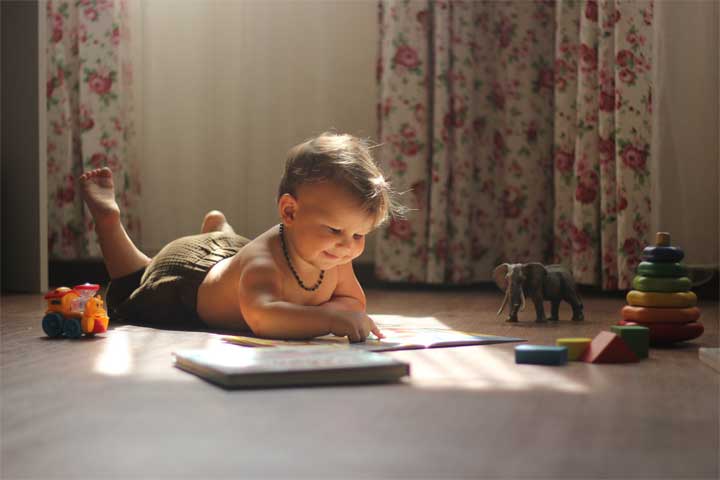
The first few years of life are a very critical time to invest in a child. The foundation of brain development occurs with millions of neurons created every minute, and there is a flexible neurological system primed for quick learning. The experiences of babies and toddlers shape their brain development and prepare them to become successful students and workers. Having diverse sensory experiences within positive relationships creates the healthiest brains and grows children that can participate appropriately throughout life.
During COVID lockdowns, masking, social distancing: our babies disappeared from the public. They were shut up in the homes and not getting into the community. No one knew at the time how resilient children are to the COVID-19 virus. Strangers became a danger, and contact with others was more limited. Masked faces hid emotions and non-verbal cues . The reality is that babies and toddlers are growing in a more isolated world with fewer sensory experiences and social interactions. Families have more stress and uncertainty, this all impacts the developing brain in negative ways. These realities can have long-term negative consequences on our kids.
The babies have returned to the public space. I see them and wave, smile, try to play peek-a-boo as before. I often encounter blank stars and even a refusal to make eye contact. This is very alarming to me as not making eye contact is a predictor of social development problems. For decades, I have been playing with babies in public. Without a mask, I can get a better response but it is still inconsistent and often delayed or even absent. Our babies and toddlers have suffered and many experts are concerned about the long-term social and emotional impact of COVID restrictions. As always, the smaller the person, the more potential for the negative impact of stress and the environment. This is because their brains and bodies are developing so rapidly.
A study just out by the National Institute of Health has tracked the verbal and cognitive levels of babies in Rhode Island since 2011. The new data from 2021 is shocking and alarming. Toddlers born around the pandemic start have plummeting cognitive and verbal levels. A typical average score was 100 before the pandemic, 2021 data shows a reduction of 27-37 points. This data is hovering just above the severely delayed range.
These are not special needs children but now it appears the consequences of the pandemic response put many children into this category. Males are more at risk showing even lower scores than females. Will our children catch up? We do not know. As a child’s first 3 years are critical for lifelong success, one can hope no permanent damage will be done but plans to combat the issue need to be implemented now.
What are the best ways to overcome the realities of the current situation and minimize negative effects on our little ones? First, as caregivers, be sure you are taking care of your mental health through positive relationships and self-care. Research shows the mental health of the primary caregiver is a key indicator for the development of the child. You need to be sure your basic needs are met and keep strong and supportive relationships with others.
Secondly, minimize stress in yourself and your child. Comfort your child quickly and support a calm state of being. Stressful environments for babies lead to a long list of physical, cognitive and developmental challenges. Babies and toddlers will regulate to your emotions so keeping yourself engaged and calm is critical. If you are upset or depressed, this will impact the child.
Lastly, create many positive experiences for your babies and toddlers, especially ones that are social and sensory-based. Sensory experiences can occur outdoors by getting dirty and through messy play anywhere. These experiences involve multiple senses such as touch, sound and visual stimulation. Social ideas involve relationships, unmasked communication with as many people as you safely can. Babies and toddlers will be able to learn verbal skills, social cues and non-verbal communication better without masks.
Provide a language-rich environment through much talking. Playgroups can be very helpful. Hiding games can challenge memory while lap games, songs with a predictable sequence such as “Itsy Bitsy Spider” can all boost cognition. Mixing up the predictability of a game and waiting for the child to notice a change helps to build skills. Playful interactions that involve turn-taking, copying each other and reciprocal interactions are perfect. Simple role and imaginative play such as feeding a baby, pretending to drive a car or other activities a child is interested in can help boost cognition.
Additional Resources
Talk to an occupational therapist about any child development, behavioral, and mental health concerns you may have. Addressing problems while young is key.
Here are a few helpful web sites:
Center on the Developing Child at Harvard University
Zero to Three
Impact of COVID-19 Pandemic on Child and Youth Mental Health
If you are concerned about developmental delays or communication issues, be sure to inform your child’s doctor and reach out for occupational therapy.
